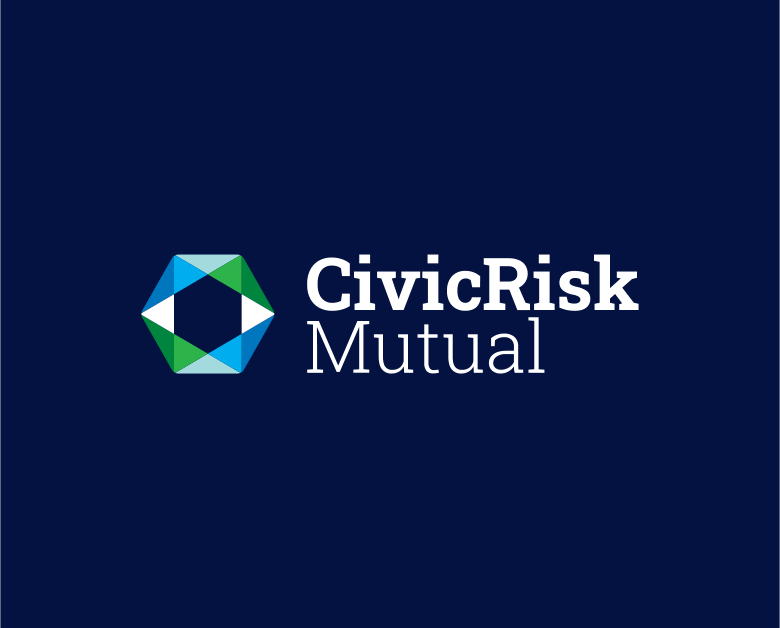Local events pull communities together to celebrate, connect and thrive. For those organising, a range of behind-the-scenes planning and risk management initiatives must take place to ensure public events run smoothly.
Whether it’s an artisan market day or a popular annual music festival, prioritising public safety and minimising liability reduces the potential for chaos, financial loss or reputational damage. Let’s break down the best practices for risk management in council-hosted community events.
1. Identify Risks Early and Strategically
Before planning can kick into full swing, start with a diligent risk assessment to pinpoint scenarios that may compromise event outcomes. Consider sweeping and generic threats such as logistical challenges and weather disruptions. Are your structures — stages, tents or lighting rigs — compliant with safety standards?
Beyond the obvious, assess indirect risks. This may include vendor cancellations, fluctuating crowd volumes and drone usage, for example. Categorise risks by their likelihood and potential impact, and use this information to prioritise mitigation measures.
A risk assessment matrix helps visualise and rank risks, revealing where to direct your attention.
2. Build a Strong Emergency Response Plan
Preparation separates a well-run event from a disorderly one. An emergency response plan won’t necessarily eliminate the unexpected, but it provides a pathway to manage mishaps proactively.
Summarise detailed protocols for handling medical emergencies, security breaches or evacuations. Treat this as a living document during planning phases, revising it regularly to reflect changes in venue, staffing or external conditions.
In addition, training your team familiarises security personnel, volunteers and management with their roles in advance. By hosting simulations or tabletop exercises to walk through scenarios, you can test your response team under pressure. Preparation allows stakeholders to act decisively, reducing any confusion or delays.
3. Prioritise Security and Safety Measures
Take a multi-layered approach to security controls: consider people, scenarios and spaces. Do you have adequate personnel to manage crowd control, monitor entry points and oversee high-traffic areas or bottlenecks?
Health and safety should be a top priority. Line your event with first aid stations and have trained professionals present to tend to injuries or health concerns. For large-scale events, you may need to liaise with police or emergency services to establish a visible presence, deterring potential threats.
As a final check before the event, walk the venue as an attendee would. This perspective may reveal blind spots, strengthening security and safety planning.
4. Secure Comprehensive Insurance Coverage
Insurance might not be the most glamorous aspect of event planning, but it’s arguably the most important. Securing the right insurance coverage protects your event from unforeseen drawbacks. Policies can cover everything from property damage and equipment loss to public liability and personal injuries.
However, you may find that not all aspects of your event are covered. Work with CivicRisk Mutual to understand your coverage terms and limitations. A comprehensive — and sometimes customised — policy protects you from liabilities and facilitates quick recovery from unanticipated disruptions.
5. Establish Clear Communication Channels
Effective communication glues your risk management strategy together. Develop a system for real-time updates between teams, vendors and emergency responders. Whether you use radios, messaging apps or a command centre, verify that everyone knows how to stay connected before and during the event. Dedicated communication leads can centralise collaboration and information dissemination, reducing the risk of conflicting instructions or overlooked updates.
Hold regular check-ins to brief stakeholders on safety protocols, contingency planning and last-minute changes. A pre-event meeting keeps everyone in the loop — as do real-time updates throughout the event.
Plan Events Effectively With CivicRisk Mutual
Risk management won’t eliminate every possible threat. Rather, it’s about staying prepared, agile and proactive. Anticipating what may go wrong and planning accordingly protects attendees, your council and the event from major disruption.
At CivicRisk Mutual, we provide tailored risk management solutions to support councils in running successful public events. Together, we can create memorable, safe and secure community experiences. Connect with us for further guidance with your event planning.


